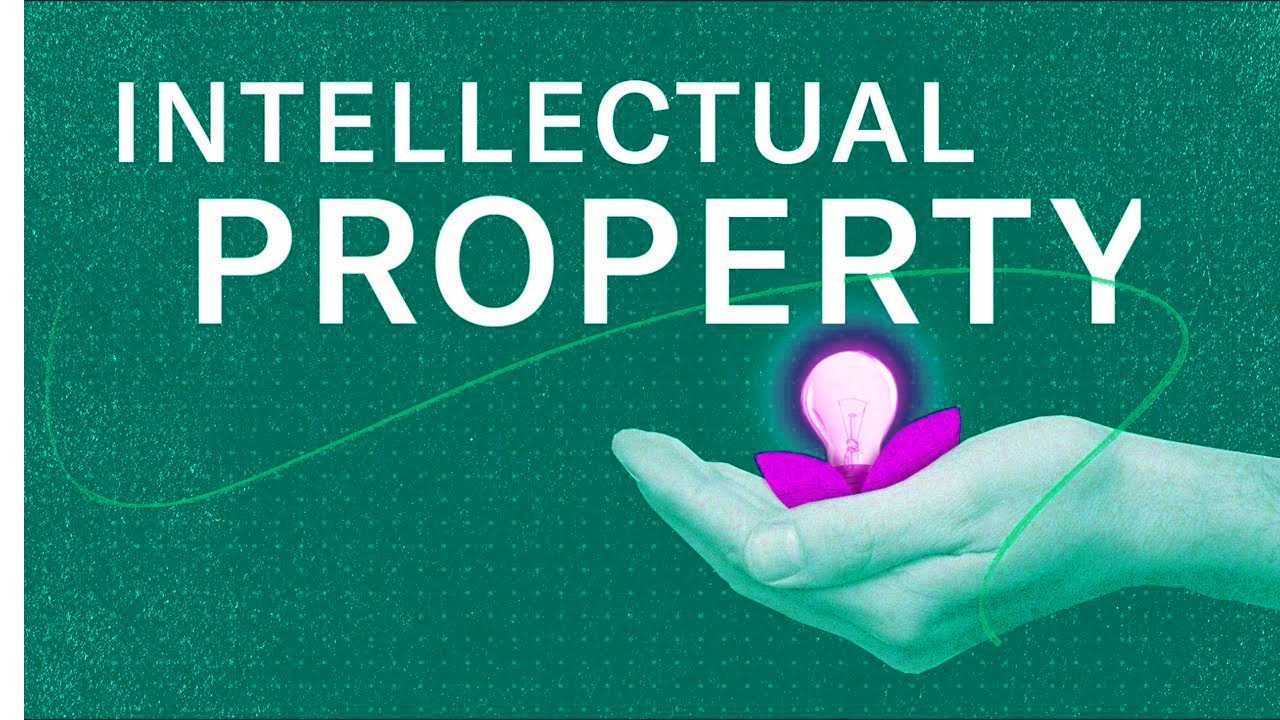De-mystifying Estate Planning for Success

Estate planning is a comprehensive process aimed at managing an individual’s assets during their lifetime and ensuring their proper distribution after death. It involves more than just drafting a will; it encompasses various legal and financial strategies to protect assets, provide for loved ones, and minimize tax burdens. Despite its importance, many individuals overlook or delay estate planning due to misconceptions or discomfort with the topic.
Understanding the Basics
At its core, estate planning involves identifying and documenting your assets, determining how you want them distributed, and appointing individuals to manage your affairs in the event of your incapacity or death. Key components of estate planning include drafting legal documents such as wills, trusts, powers of attorney, and healthcare directives. These documents outline your wishes regarding asset distribution, healthcare decisions, and the appointment of guardians for minor children.
Setting Your Goals
Effective estate planning begins with setting clear and achievable goals. These goals may include providing for your family’s financial security, minimizing tax liabilities, supporting charitable causes, or ensuring the smooth transition of assets to future generations. By identifying your objectives early in the planning process, you can tailor your estate plan to meet your specific needs and objectives.
Legal Documents and Instruments
Central to estate planning are various legal documents and instruments designed to protect your assets and ensure your wishes are carried out. A last will is a foundational document that outlines how your assets should be distributed upon your death. Trusts, on the other hand, provide additional control and flexibility over asset distribution, allowing you to specify conditions for asset transfer and avoid probate. Powers of attorney designate individuals to make financial or medical decisions on your behalf if you become incapacitated, while healthcare directives outline your preferences regarding medical treatment.
Tax Implications
Estate planning also involves considerations of tax implications, including estate taxes and gift taxes. Proper planning can help minimize tax liabilities and maximize the amount of wealth passed on to your beneficiaries. Strategies for tax-efficient estate planning may include gifting assets during your lifetime, establishing trusts to hold and manage assets, and taking advantage of applicable tax exemptions and deductions.
Asset Protection
Asset protection is another critical aspect of estate planning, particularly for individuals with substantial assets or business interests. Asset protection strategies aim to shield your assets from creditors and legal liabilities, preserving your wealth for yourself and your beneficiaries. Common asset protection tools include irrevocable trusts, family limited partnerships, and business entities such as limited liability companies (LLCs) or corporations.
Read More: Top Strategies for the Planning of Estate Taxes
Family Dynamics and Inheritance
Estate planning must also address potential family conflicts and ensure fair and equitable distribution of assets among heirs. This may involve providing for dependents such as minor children or elderly parents, addressing blended family dynamics, and minimizing the risk of disputes over inheritance. Open communication with family members about your estate plan and intentions can help mitigate potential conflicts and ensure your wishes are understood and respected.
Continual Review and Updates
Estate planning is not a one-time task but rather an ongoing process that requires regular review and updates. Life circumstances, financial situations, and tax laws can change over time, necessitating adjustments to your estate plan. It’s essential to review your estate plan periodically, especially after significant life events such as marriage, divorce, birth of children, or changes in financial circumstances, to ensure it remains current and aligned with your goals.
Professional Guidance
Navigating the complexities of estate planning often requires professional guidance from estate planning attorneys, financial advisors, and tax professionals. These experts can provide valuable insight, advice, and expertise to help you create a comprehensive estate plan tailored to your specific needs and objectives. By collaborating with professionals, you can ensure that your estate plan is legally sound, tax-efficient, and aligned with your long-term goals.
Estate Planning for Business Owners
Business owners face unique estate planning considerations due to the inclusion of business assets in their estate. Estate planning for business owners may involve incorporating business succession planning into their estate plan to ensure the continued operation of the business after their passing. Strategies for business owners may include establishing buy-sell agreements, implementing key person insurance, and structuring business entities to facilitate a smooth transition of ownership.
Avoiding Probate
Many individuals aim to avoid probate, the legal process of validating a will and distributing assets, due to its time-consuming nature and potential costs. Probate can also lead to public disclosure of assets and delays in asset distribution. Strategies for probate avoidance may include the use of trusts, beneficiary designations, joint ownership of assets, and gifting assets during one’s lifetime.
Charitable Giving
Estate planning provides an opportunity for philanthropy through charitable giving. By incorporating charitable donations into your estate plan, you can support causes you care about while also benefiting from potential tax advantages. Charitable giving strategies may include establishing charitable trusts, creating donor-advised funds, or making bequests to charitable organizations in your will.
Digital Estate Planning
In the digital age, estate planning must also address the management of digital assets and ensure the preservation of your digital legacy. This includes passwords, social media accounts, digital files, and other online assets that hold sentimental or financial value. Digital estate planning involves inventorying your digital assets, designating individuals to manage them, and specifying your wishes regarding their access and disposition in your estate plan.
Estate Planning for Special Situations
Estate planning must be tailored to address special situations such as blended families, dependents with special needs, or individuals with complex family dynamics. Customized estate planning strategies can ensure that all family members are provided for and that their unique needs are met. Specialized tools such as special needs trusts, qualified domestic trusts (QDOTs), and prenuptial agreements may be utilized to address specific circumstances and ensure the protection and well-being of all family members.
Read More: Retirement Planning: The Best Solution For Your Golden Years
Conclusion
In conclusion, estate planning is a vital component of financial planning that ensures your assets are managed and distributed according to your wishes. By addressing key considerations such as legal documents, tax implications, asset protection, and family dynamics, you can create a comprehensive estate plan that provides for your loved ones and preserves your legacy. By seeking professional guidance and regularly reviewing and updating your estate plan, you can navigate the complexities of estate planning with confidence and peace of mind.
FAQ
Why is estate planning important?
Estate planning is important because it allows individuals to specify how their assets should be distributed, provides for the care of dependents, and minimizes tax liabilities, ensuring their wishes are carried out after their passing.
What happens if I don’t have an estate plan?
Without an estate plan, your assets may be distributed according to state intestacy laws, which may not align with your wishes. This can lead to family disputes, increased tax liabilities, and delays in asset distribution.
How often should I review my estate plan?
It’s recommended to review your estate plan at least every three to five years or whenever significant life changes occur, such as marriage, divorce, birth of children, or changes in financial circumstances.
Do I need a lawyer to create an estate plan?
While it’s possible to create some basic estate planning documents on your own, such as a will, consulting with an estate planning attorney is advisable to ensure your plan is legally sound and tailored to your specific needs.
Can estate planning help minimize taxes?
Yes, estate planning can help minimize tax liabilities through strategies such as gifting, establishing trusts, and taking advantage of tax exemptions and deductions.











